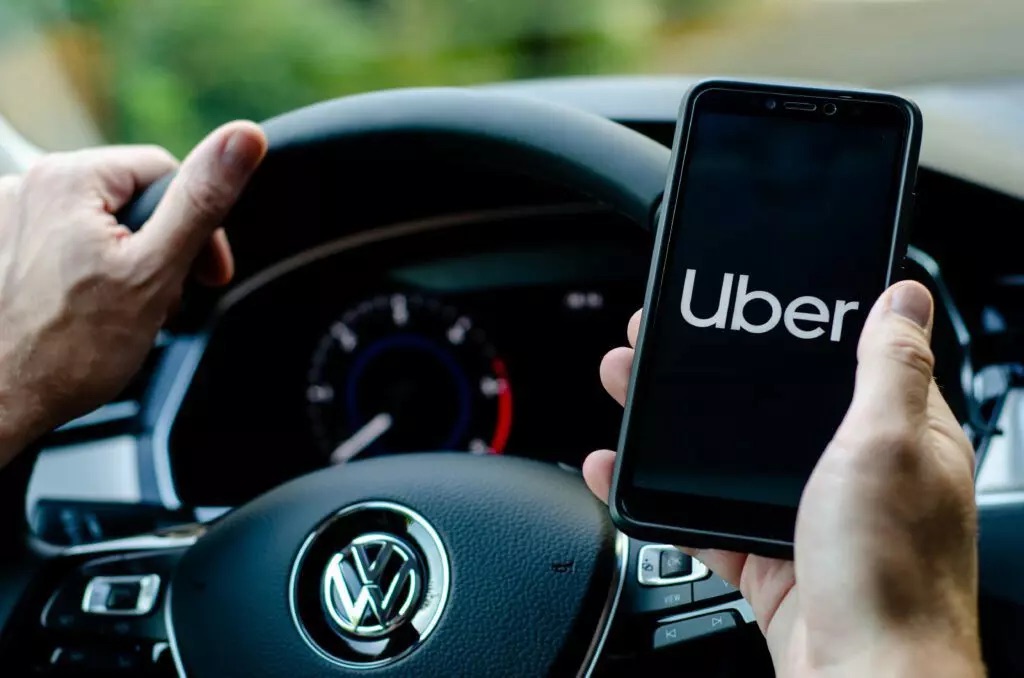
The Department of Justice (DOJ) sued Uber on Thursday, alleging that the ride-hailing giant has discriminated against riders with disabilities. The complaint, filed in a federal court in San Francisco, states that despite the importance of its services to people with disabilities, Uber has denied them “full and equal enjoyment of its services in several critical ways.”
The DOJ’s complaint alleges that Uber and its drivers have “routinely refused to serve individuals with disabilities,” including those who use stowable wheelchairs or travel with service animals. It also claims that the company has imposed “impermissible surcharges” by charging cleaning fees related to service animals and cancellation fees to riders who were unlawfully denied service. Additionally, the complaint alleges that drivers “insult and demean people with disabilities or ask them inappropriate questions.”
Uber’s Response and Policies
Uber responded to the lawsuit, stating that it “fundamentally disagree[s] with the DOJ’s allegation” and that it has a “clear zero-tolerance policy for confirmed service denials.” The company noted that its Community Guidelines prohibit discrimination and that it had announced a new feature earlier this year to improve the experience for riders with service animals, including a video to help further explain the policy to drivers.
The DOJ, however, has accused Uber of refusing to “reasonably modify” its policies and practices to avoid discriminating against people with disabilities. The federal government is seeking a jury trial and injunctive relief, monetary damages, and a civil fine for what it says are violations of the Americans with Disabilities Act (ADA). The ADA was passed and signed into law on July 26, 1990. According to the most recent available CDC data, over 61 million U.S. adults, or 1 in 4, report having a disability.
What The Author Thinks
This lawsuit highlights a persistent tension between the digital-first business models of companies like Uber and the real-world needs of users with disabilities. While Uber’s automated systems may not intend to discriminate, the human-in-the-loop nature of their service—the drivers—creates a significant point of failure for accessibility. The lawsuit suggests that a company’s responsibility extends beyond its digital code to the real-world behaviors it enables, and that technology alone is not a substitute for robust policy and enforcement. This legal challenge underscores the complex reality that ensuring equal access requires accountability across both the digital platform and its physical execution.
Featured image credit: DUI Defense in Texas
For more stories like it, click the +Follow button at the top of this page to follow us.
